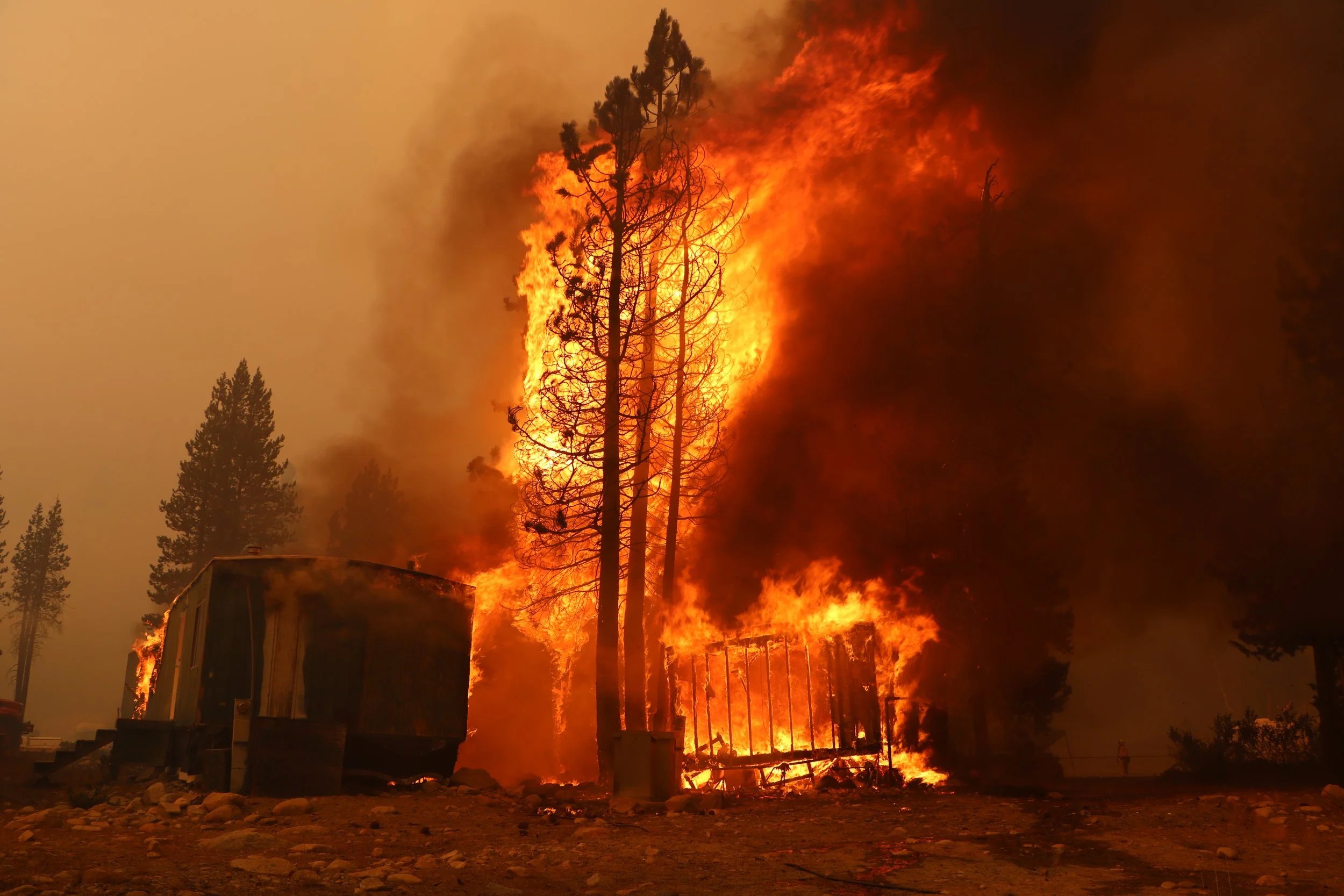California's Insurance Moratorium Exposes a Deeper Housing Crisis
Natural disasters devastate communities, but for many, the crisis doesn't end when the fires are extinguished. California's recent one-year insurance moratorium in Los Angeles, triggered by the destructive wildfires, highlights a troubling reality: while this temporary safeguard offers immediate relief, it masks a deeper, systemic problem in housing and insurance markets that disproportionately harms lower-income families.
The Moratorium: A Temporary Lifeline
California Insurance Commissioner Ricardo Lara enacted a one-year moratorium preventing insurance companies from canceling or not renewing homeowners' insurance policies in wildfire-affected areas of Los Angeles. This action stems from Senate Bill 824 (SB 824), passed in 2018 following a string of devastating wildfires. The law empowers the state to halt insurance cancellations in regions under a state of emergency, ensuring residents aren't left vulnerable during recovery.
On its face, the moratorium is a crucial tool. It shields thousands from losing their insurance coverage when they need it most. However, this safety net is temporary and only delays an inevitable confrontation with an insurance system that has been steadily retreating from high-risk areas.
The Bigger Problem: Insurance Companies and Housing Inequality
The moratorium doesn't address the core issue: insurance companies are increasingly pricing out lower-income families or denying coverage altogether in wildfire-prone zones. This practice exacerbates existing inequalities in homeownership and disaster recovery.
Skyrocketing Premiums: Homeowners in high-risk wildfire zones face soaring insurance premiums. Many lower-income families can't afford these rising costs, forcing them to go uninsured or rely on the California FAIR Plan, a costly and limited last-resort insurance option.
Coverage Withdrawals: Insurance companies are pulling out of fire-prone areas, leaving families with fewer options. Those who can't secure affordable coverage risk losing their homes or being unable to rebuild after disasters.
Displacement and Gentrification: As premiums rise and coverage shrinks, lower-income families are pushed out of their communities. Wealthier homeowners, who can absorb higher costs or self-insure, remain insulated from these pressures. This dynamic fuels displacement and accelerates gentrification in vulnerable areas.
Cycle of Vulnerability: Without affordable insurance, families can't rebuild after disasters, deepening poverty and limiting recovery. The cycle of destruction and displacement repeats, with the most vulnerable communities bearing the brunt.
A Band-Aid on a Broken System
The insurance moratorium is a necessary measure, but it doesn't solve the underlying problem. Once the moratorium expires, families face the same unaffordable premiums and limited coverage. The system needs comprehensive reform to protect all homeowners, not just temporary relief.
What Needs to Change?
Insurance Market Reform: California must reevaluate how insurers calculate and distribute wildfire risk to prevent discriminatory pricing. Regulations could incentivize insurers to provide fair coverage in high-risk areas.
Wildfire Mitigation Incentives: Offering tax breaks or grants for fire-resistant home upgrades can lower risk and, in turn, insurance premiums. Insurers should be required to offer discounts for properties that meet fire safety standards.
Affordable Housing Investments: State and local governments need to prioritize affordable housing development in safer zones to reduce the pressure on families to move into high-risk areas.
Public Insurance Options: Expanding state-backed insurance programs could provide more affordable coverage options for vulnerable communities.
Conclusion
California's wildfire insurance moratorium is a critical stopgap, but it merely postpones a larger reckoning with an inequitable housing and insurance system. Without bold reforms, lower-income families will continue to bear the greatest burden in the face of natural disasters. It's time to demand lasting solutions that protect all Californians—not just in the aftermath of disaster, but in the systems meant to safeguard them every day.
At Attorneys with Swag, we believe in breaking down legal systems and exposing the policies that impact our communities. For more insights on how law and policy intersect with everyday life, stay connected with us.


